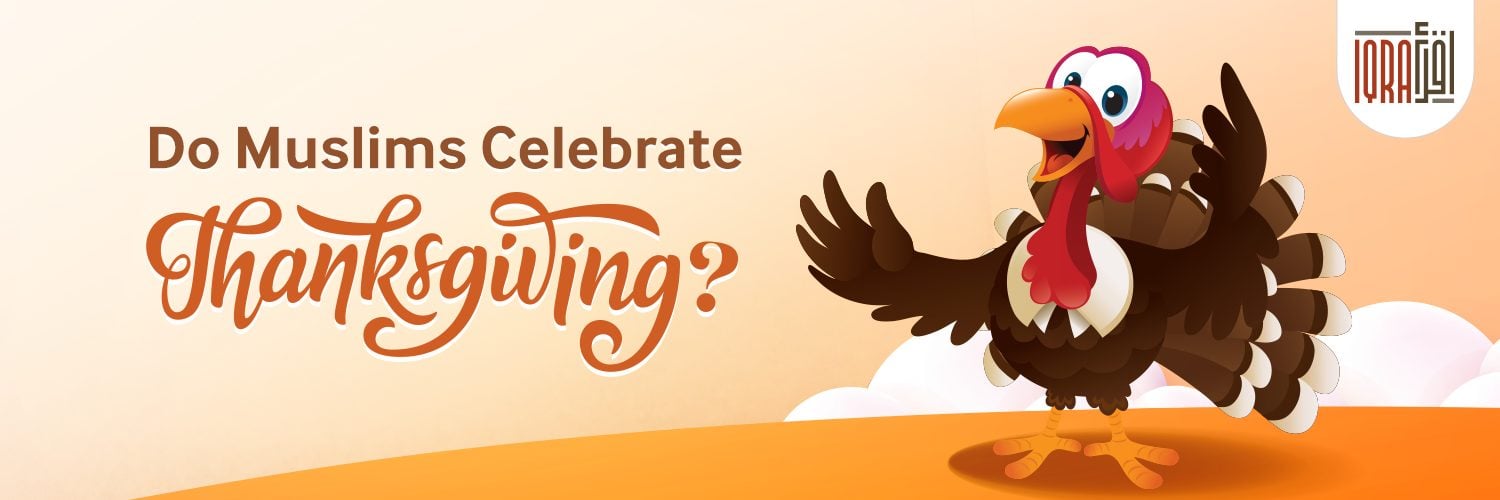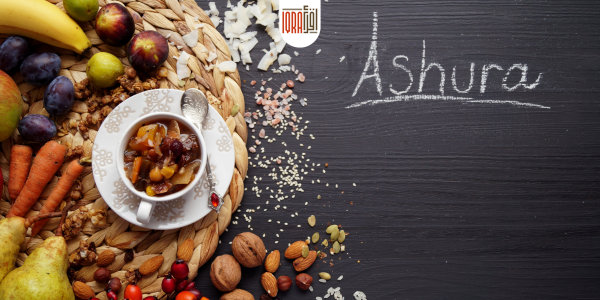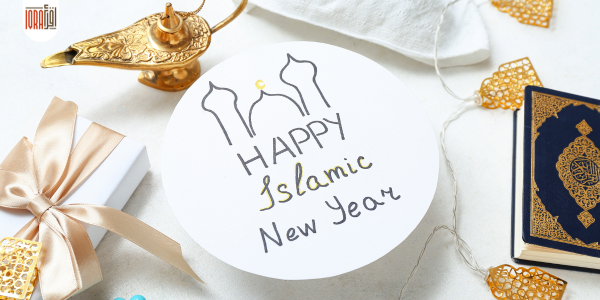Understanding the Gratitude of the Believer
Aren’t Muslims thankful every day?
These are the words of Muslim children. Children that get an extra day off school as classmates celebrate Thanksgiving. They watch it on TV and see it in commercials, even grocery ads. Confusion surrounds them (and us!). Trying to figure out where we, as Muslims, fit in social norms and customs is hard!
Do Muslims Celebrate Thanksgiving?
So, the question remains, “Do Muslims celebrate Thanksgiving?”
The simple answer: Islam does not recognize Thanksgiving, but Muslims might.
Ibn’ Umar (RAA) narrates that the Messenger of Allah (peace be upon him) said: “He who imitates any people (in their actions) is considered to be one of them.”
Abu Dawud and Ibn Hibban Book 16, Hadith 35
Muslims may celebrate Thanksgiving as a day or custom, but Islam advises us not to.
Through hadith, we know that we are not to imitate anything outside of what is found in the Quran and Sunnah. This is why we fast on the 9th and 10th of Muharram or the 10th and 11th, and it is to distinguish ourselves from the Jews that only fast on the 10th.
What’s the Confusion All About?
Thanksgiving is particularly confusing for children raised in practicing Muslim households. Parents that don’t come from a society where Thanksgiving is a holiday also find it confusing. But for those raised in the West, we don’t put too much thought into it. We learn about Thanksgiving from Kindergarten, and many say, “What’s the big deal anyway?”
This simple answer to “Do Muslims celebrate Thanksgiving?” can still be confusing. Muslims might theorize, “Well, aren’t we supposed to be thankful too?” That’s part of our faith.
Or the argument comes up:
So, are we allowed Halal Turkey? Yes.
Are we allowed to get together with our family? Yes.
Are we allowed to cook and share our food? Yes.
“What’s wrong with celebrating a day where people are thankful? Isn’t it part of Islam?”
What does the Quran Say?
In the Quran, Allah tells us, “This day I have perfected for you your religion and completed My favor upon you and have approved for you Islam as religion. But whoever is forced by severe hunger with no inclination to sin – then indeed, Allah is Forgiving and Merciful.” (Quran 5:3)
This ayah indicates that Islam is complete. Specifically, Islam has two Eids to celebrate and different days to fast in, but beyond that, Islam is perfect. There is nothing to add.
If we adopt customs outside of Islamic teachings, we are no longer following the Perfect way. In no part of the Sunnah (ways of Prophet Muhammad, peace be upon him) do we find any custom of eating together when food was harvested. Thus, for us to do it would not befit the way of Muslims.
Allah gave Muslims specific times of celebration, where we share food, glorify and praise Allah, and spend time with family and friends. Additionally, we are given everything we need and could want to optimize the human experience. To maximize life in this world and the hereafter, Alhamdulillah.
How do Muslims Show Gratitude?
Gratitude is a fundamental part of Islam. It comes in the form of dhikr (remembrance of Allah) and our manners towards people. Good actions that do not contradict Quran and Sunnah are forms of giving thanks (Shukr) to Allah.
Gratitude is a means of coming closer to Allah, offering spiritual benefits. From Western studies, we learn developing a habit of gratitude provides us with a more full life.
“In positive psychology research, gratitude is strongly and consistently associated with greater happiness. Gratitude helps people feel more positive emotions, relish good experiences, improve their health, deal with adversity, and build strong relationships.” Harvard Health Publishing
Gratitude for a believer is a daily practice, not a customary ritual of thanks. Specifically, here are four ways a Muslim shows thanks:
1. Make dua after each salat.
Mu’adh b. Jabal reported that the Messenger of Allah (peace be upon him) caught his hand and said:
By Allah, I love you, Mu’adh. I will give some instructions to you. Never leave to recite this supplication after every (prescribed) prayer: “O Allah, help me in remembering You, giving You thanks, and worshipping You well.” Sunan Abi Dawud 1522
Allāhumma ‘a`innī `alā dhikrika, wa shukrika, wa ḥusni `ibādatik.
O’Allah, help me remember You, give You thanks, and perform Your worship in the best manner. Hisn al-Muslim 59
2. Thank people for the good they do for you
Abu Huraira reports: The Prophet, peace, and blessings be upon him, said, “Whoever does not thank people has not thanked Allah.” Sunan Abī Dāwūd 4811
3. Return a favor done to you
Anas bin Malik (May Allah be pleased with him) narrates: The Messenger of Allah (peace be upon him) said, “Allah is pleased with His slave who says: ‘Al-hamdu lillah (praise be to Allah)’ when he takes a morsel of food and drinks a draught of water.”
( Muslim – Riyad as-Salihin 1396 )
4. Say “Alhamdulilah” when you put food in your mouth and finish eating.
Anas bin Malik (RA) reports: The Messenger of Allah (peace be upon him) said, “Allah is pleased with His slave who says: ‘Al-hamdu lillah (praise be to Allah)’ when he takes a morsel of food and drinks a draught of water.” (Muslim – Riyad as-Salihin 1396 )
And when your Lord declared, ‘If you express gratitude, I shall certainly give you more, and if you are ungrateful, then My punishment is severe.” (Quran 14:8)
There are many other duas and ways a Muslim can show gratitude. Here are some duas, but let’s keep adding to the list by putting them in the comments below!
- Making dua after each salat
- Thanking the people for the good they do for you
- Returning a favor done to you
- Saying “Alhamdulilah” when you put food in your mouth and finish eating
Ultimately, answering the question, “Do Muslims Celebrate Thanksgiving?” may seem like we are missing out on something. However, a Muslim doesn’t need to celebrate Thanksgiving to become a grateful servant. To be thankful to Allah is to celebrate His praises, initiate, and return kindness done to us, thank others, and ultimately submit to the Will of Allah.





0 Comments
Oops comments are disabled